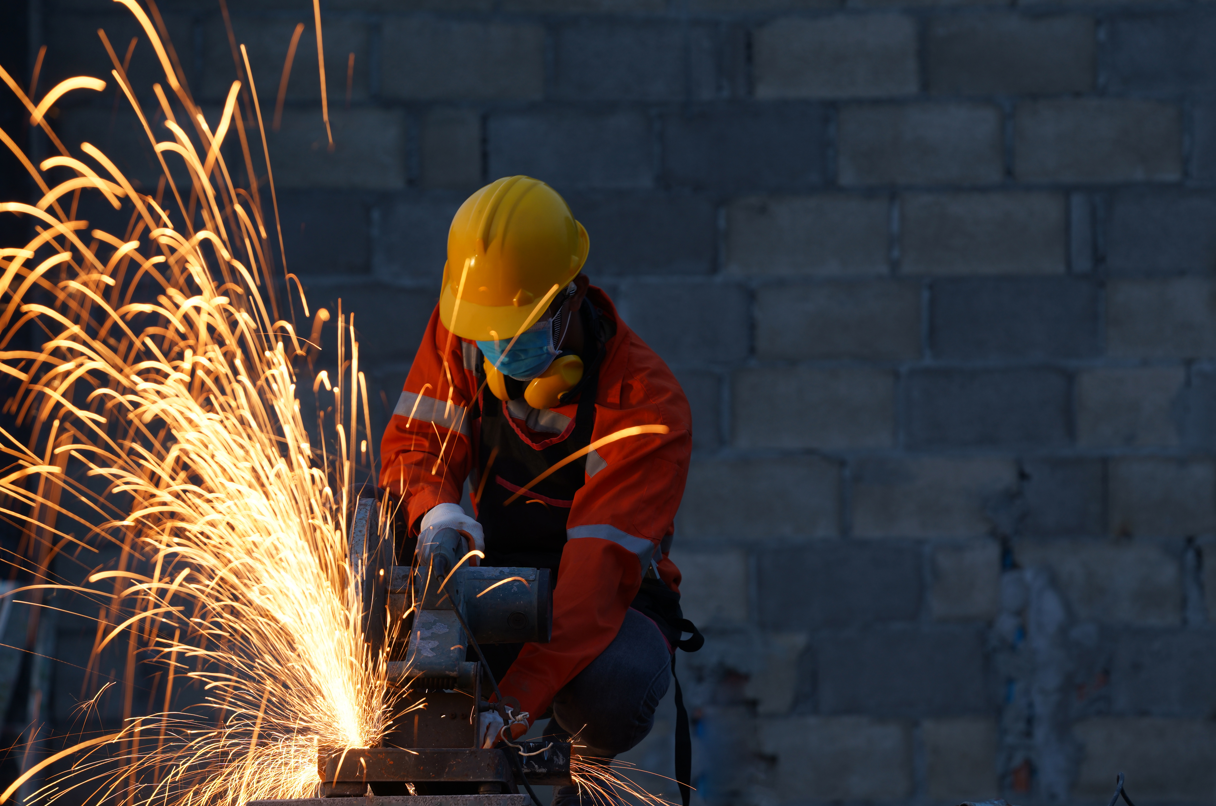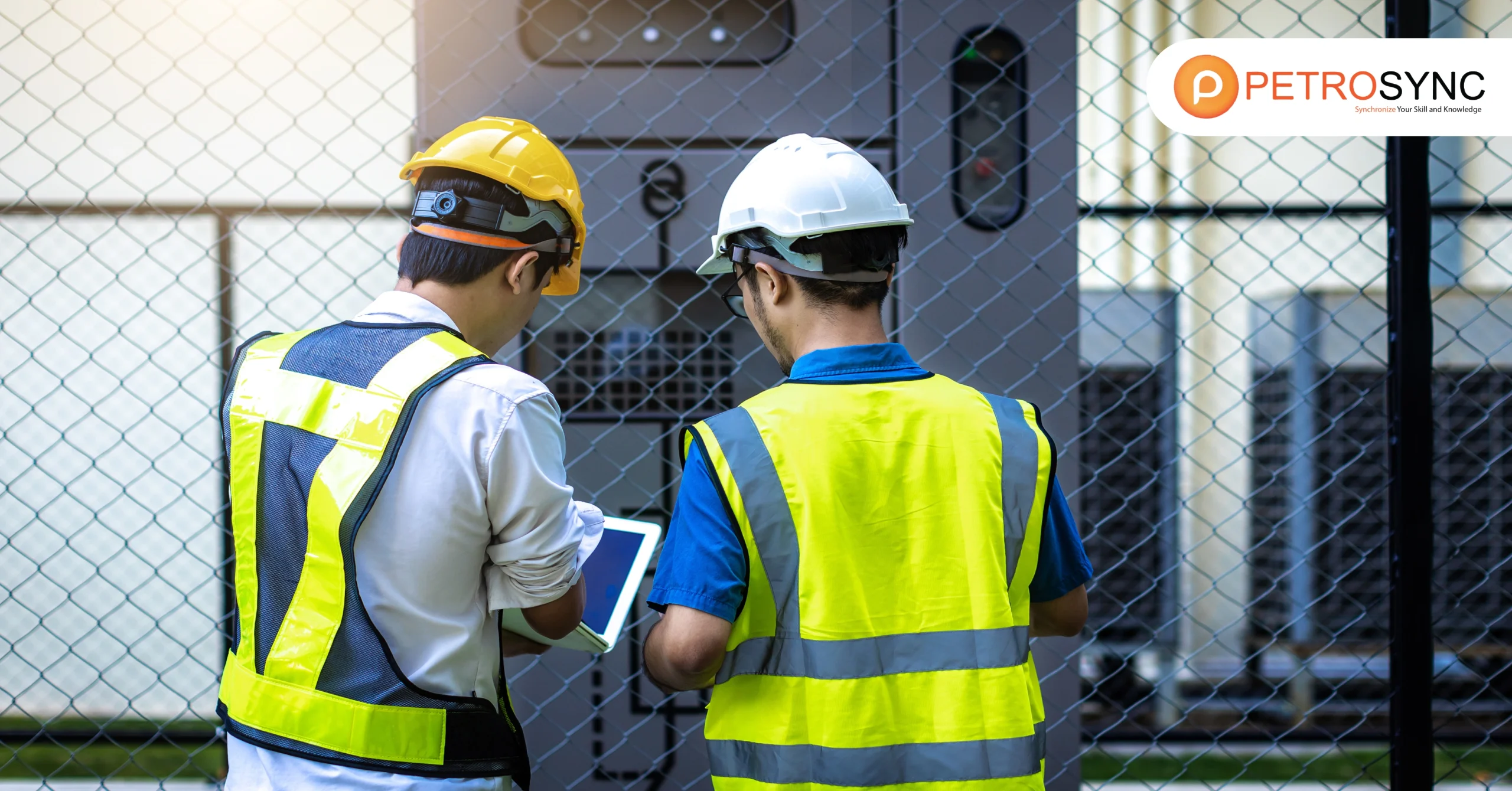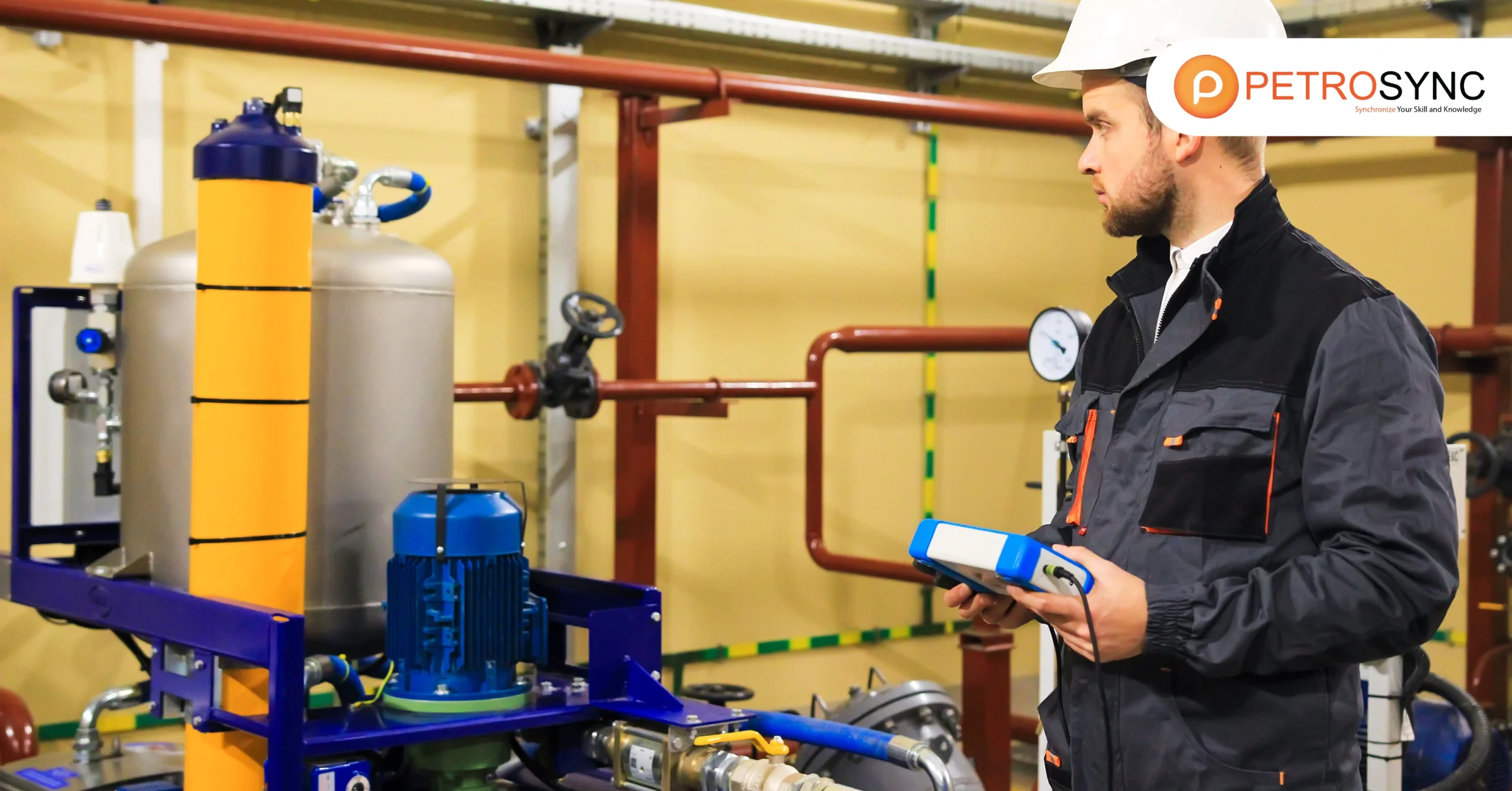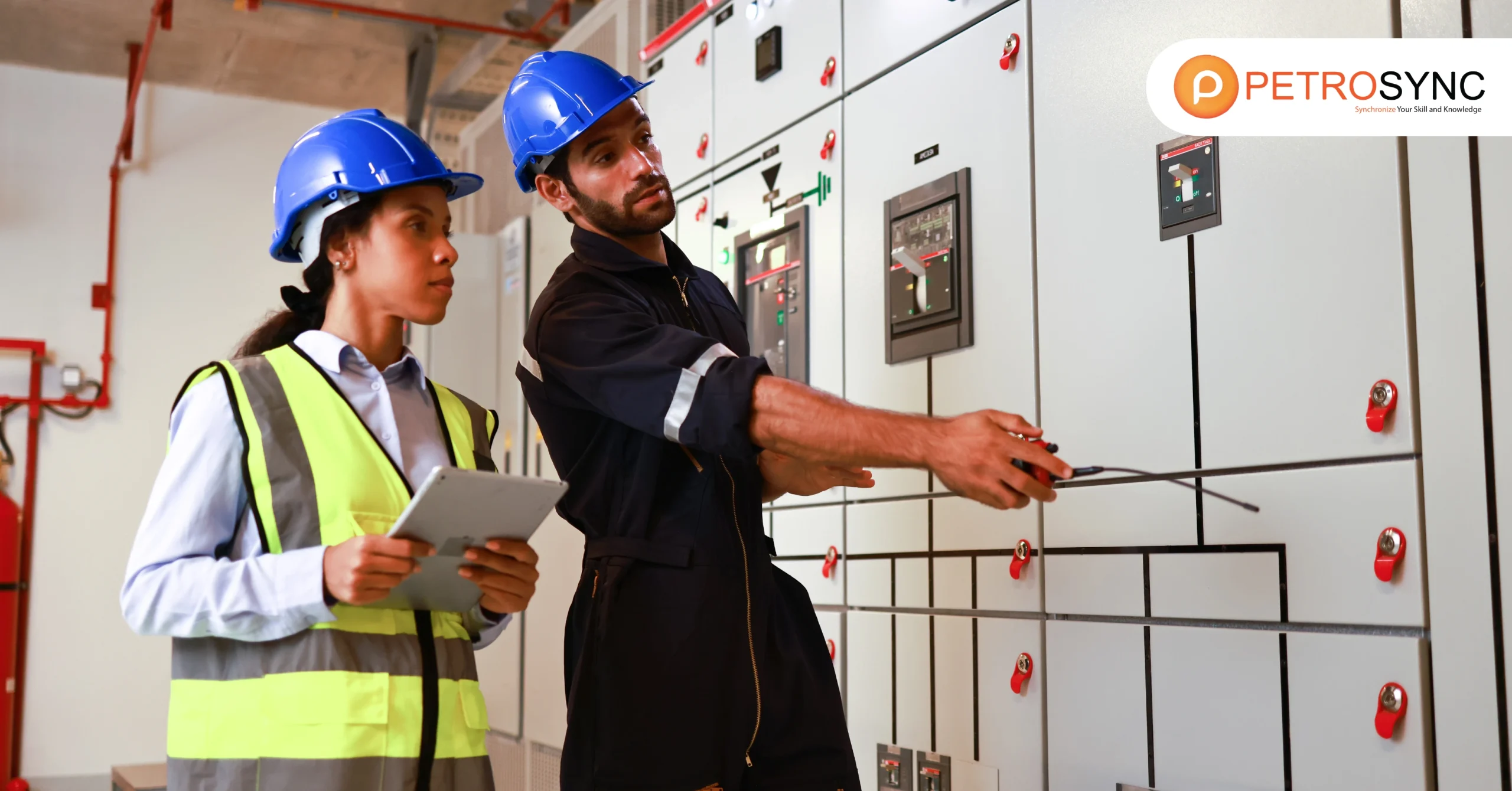API 577 in general is about certification in welding inspection and metallurgy, particularly focusing on static equipment like pressure vessels and piping systems used in industries such as petroleum and chemical. In this article, we will explore the details of API 577, including its scope, qualifications, and the differences between API 577 and other certification programs like CSWIP.
What Is API Code 577?
API Code 577, also known as the Welding Inspection and Metallurgy, provides guidelines for inspecting welds and ensuring the quality of welding processes in the fabrication and construction of static equipment such as pressure vessels and piping systems.
It covers various aspects of welding inspection, including techniques, procedures, and qualifications for personnel involved in the welding process. API 577 helps to ensure that welds meet industry standards and regulatory requirements, ultimately ensuring the integrity and safety of static equipment.
What Does API 577 Cover?
API 577 covers guidelines for inspecting welds and maintaining quality in welding processes for static equipment like pressure vessels and piping systems. Its scope includes various aspects of welding inspection, such as techniques, procedures, and qualifications for personnel involved in welding. This standard ensures that welds meet industry standards and regulatory requirements, guaranteeing the integrity and safety of static equipment throughout their operational lifespan.
What Are The Scope of API 577?
API 577 offers guidance to API authorized inspectors regarding welding inspection in the fabrication and repair of equipment and piping in refineries and chemical plants. It covers topics such as welding processes, procedures, welder qualifications, metallurgical effects, and inspection techniques. This RP assists inspectors in implementing API 510, API 570, API 653, and 582 standards.
However, it is essential to note that the knowledge gained from the standard does not replace the training and experience required for certification as a welding inspector under programs like AWS Certified Welding Inspector (CWI) or equivalent schemes.
This RP does not mandate inspecting all welds or specify inspection techniques and extent. Instead, it recommends that welding inspectors, engineers, or other responsible personnel use applicable codes or standards to determine which welds require inspection and the appropriate techniques to use. It is also advisable to consult a welding engineer for critical, specialized, or complex welding issues.
What Is API RP 577 Certification?
The API RP 577 exam certification is a qualification program offered by the American Petroleum Institute (API). It assesses your knowledge and understanding of the guidelines outlined in API RP 577, which focuses on welding inspection and metallurgy for static equipment like pressure vessels and piping systems.
By passing the exam, you demonstrate proficiency in inspecting welds and ensuring the quality of welding processes, making you eligible for certification as an API RP 577 Welding Inspector. This certification validates your expertise and enhances your credibility in the industry.
What Are The Qualifications for API RP 577 Exam?
If you already have an API 510, 570, or 653 certification, you are eligible to take the API 577 Welding Inspection and Metallurgy exam. However, if you don’t have any of these certifications, your eligibility depends on your education level and industry experience from the last 10 years.
Check the table below to see if you meet the minimum requirements before applying for the exam. Make sure to document your relevant experience in your application.
|
Education |
Years of Experience |
Experience Required |
|
BS or higher in engineering or technology |
1 year |
Any experience in the petrochemical industry |
|
2-year degree or certificate in engineering or technology |
2 years |
Any experience in the petrochemical industry |
|
High school diploma or equivalent |
3 years |
Any experience in the petrochemical industry |
| No formal education | 5 or more years |
Any experience in the petrochemical industry |
As mentioned on API Official Website.
What Are Some FAQs About API 577?
1. What Is The API Standard for Welding?
API 1104 provides guidelines and requirements for welding pipelines and related facilities in the petroleum and natural gas industries. It covers various aspects of welding, including welding procedures, qualification of welders, inspection techniques, and acceptance criteria. This standard ensures that welding processes meet industry standards and regulatory requirements, ultimately contributing to the safety and integrity of pipelines and related infrastructure.
2. What Is The Full Form of API in Welding?
API Standard 1104, established by the American Petroleum Institute (API), provides guidelines and requirements for welding pipelines and related facilities in the petroleum and natural gas industries. This standard ensures that welding processes adhere to industry standards and regulatory requirements, promoting the safety and integrity of pipelines and associated infrastructure within these sectors.
3. What Is The Difference between API 577 vs CSWIP?
API 577 is not a Welding Inspection Certificate but rather a certification program focused on welding inspection and metallurgy for static equipment like pressure vessels and piping systems in industries such as petroleum and chemical.
On the other hand, CSWIP covers a broader range of welding inspection techniques and practices across various industries, including manufacturing, construction, and engineering. Additionally, while API 577 is developed by the American Petroleum Institute (API), CSWIP is administered by the Certification Scheme for Welding and Inspection Personnel (CSWIP), which is part of the Welding Institute in the UK.
In conclusion, API 577 certification is essential for welding inspectors involved in ensuring the integrity and safety of static equipment like pressure vessels and piping systems in industries such as petroleum and chemical.
Additionally, PetroSync offers a range of API training courses tailored to engineers working in the oil and gas, petroleum, petrochemical, and energy industries. These courses are designed to enhance your skills and keep you updated with the latest industry standards and practices. With PetroSync’s expert-led training sessions and practical insights, you can sharpen your expertise and stay ahead in your field. Whether you’re aiming to achieve API certification or simply seeking to expand your knowledge, PetroSync’s training programs provide valuable resources to support your professional development journey.
Credit Header Image: Vecteezy

SEO specialist by day, fact-checker by night. An avid reader and content writer dedicated to delivering accurate and engaging articles through research and credible sources.






